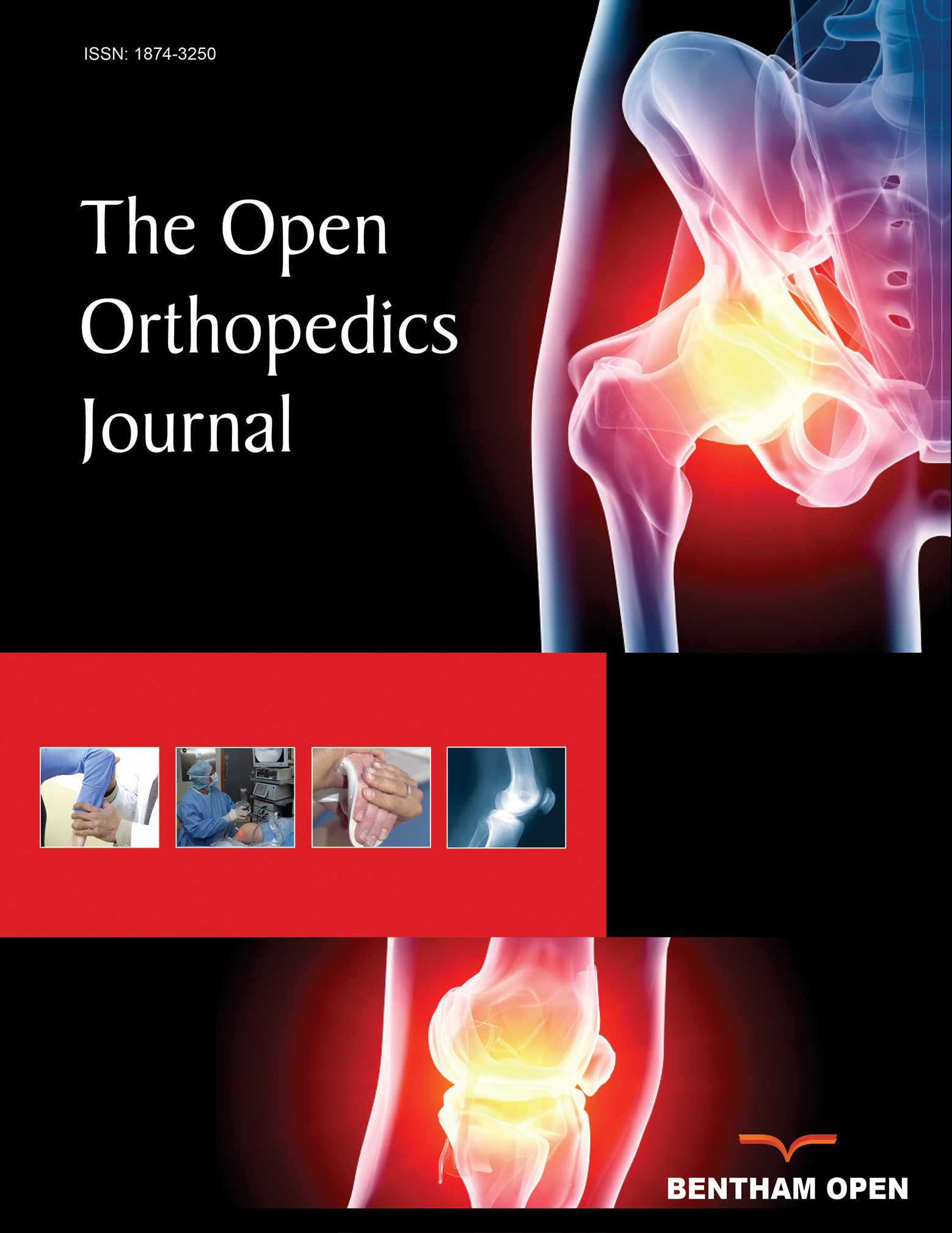All published articles of this journal are available on ScienceDirect.
What Does ‘Recovery’ Mean to People with Neck Pain? Results of a Descriptive Thematic Analysis
Abstract
Objectives:
To describe the meaning of being recovered as perceived by people with chronic mechanical neck pain.
Methods:
To determine the way people with neck pain would describe a recovered state a descriptive thematic approach was used. A nominal focus group technique, written reflections, and one-on-one semi-structured interviews were used to collect sufficient data. Data from the focus groups were analyzed both through vote tallying and thematic analysis. Reflections and interviews were analyzed thematically by two independent researchers. Triangulation and member-checking were employed to establish trustworthiness of results.
Results:
A total of 35 people, primarily females with neck pain of traumatic origin, participated in this study. Thematic analysis identified 6 themes that adequately described the data: absent or manageable symptoms, having the physical capacity one ought to have, participation in life roles, feeling positive emotions, autonomy & spontaneity, and re-establishing a sense of self. Member checking and triangulation suggested data saturation and accuracy of the generated themes.
Discussion:
Recovery from neck pain appears to be informed by factors that fit with existing models of health, quality of life and satisfaction. Basing recovery solely on symptom or activity-level measures risks inaccurate estimates of recovery trajectories from traumatic or non-traumatic neck pain.


